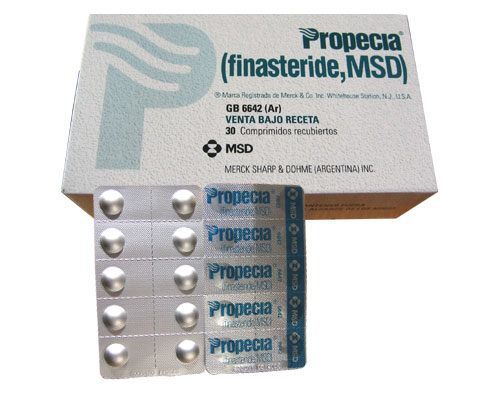
The following is a follow up by the International Society of Hair Restoration Surgery (ISHRS)
Finasteride is approved by the U.S. FDA as a safe and effective treatment of hair loss caused by androgenetic alopecia. That fact has not changed. However, the concern of possible persistent sexual dysfunction side effects from taking finasteride after the drug has been discontinued has received recent attention. The ISHRS Task Force on Finasteride Adverse Event Controversies continues to seek unbiased information about the issue and will update members as this type of information becomes available. At its recent annual meeting in September 2015, the ISHRS included a session on finasteride that elicited much discussion. The follow-up of that session with additional commentary will be included in the January/February 2016 issue of the ISHRS’s Hair Transplant Forum International publication.
The term “Post Finasteride Syndrome (PFS)” has been coined to describe a number of adverse events that are claimed to have resulted from, or occurred during, a patient’s use of finasteride, including claims of sexual dysfunction which persisted after discontinuation of the drug. The ISHRS is hesitant to jump to this conclusion without proper studies that evaluate these claims, including an established cause and effect with the drug, as well as pathophysiologic and demographic data linking the drug and the signs and symptoms proposed as PFS. However, the ISHRS strongly supports an informed discussion between the physician and patient, which includes the risks and benefits of finasteride, and alternative therapies. As with any medication, it is important to remain vigilant of possible side effects.
Epidemiologic studies have reported the common incidence of sexual side effects in the general population, and this incidence increases with age and predisposing conditions such as diabetes, hypertension, peripheral vascular disease, psychiatric conditions such as depression, alcohol consumption, smoking and a myriad of medications. As one might anticipate, the reported incidence of sexual dysfunction (i.e., decreased libido, erectile dysfunction, and/or decreased ejaculate volume) from finasteride in patients evaluated in clinical trials increased with age and was reported in the placebo groups as well. The common occurrence of these complaints, unrelated to the use of finasteride, complicates the determination of any association with the rare reports of similar complaints by PFS patients.
In the few studies available about PFS, there have been concerns about proper study design or conclusions, including selection bias, lack of appropriate control groups, inappropriate non-objective measures, coupling reporting of finasteride and dutasteride (a different drug), translating animal models that don’t compare with human physiology, and other concerns. The ISHRS supports further research on this complicated issue.
The PFS Foundation issued a press release entitled, “Global Public Health Advisory” asserting that PFS had been added to the U.S. National Institutes of Health (NIH) Genetics and Rare Diseases Information Center (GARD). In a verbal communication with the GARD, they explained that PFS was added to provide the public with information about this stated entity, and that PFS did not meet their criteria for a rare disease. Thus far, it has not been documented as a genetic entity. An alternate viewpoint about this advisory is posted in this health news blog: http://www.healthnewsreview.org/2015/08/advocacy-group-spins-harms-from-post-finasteride-syndrome/




